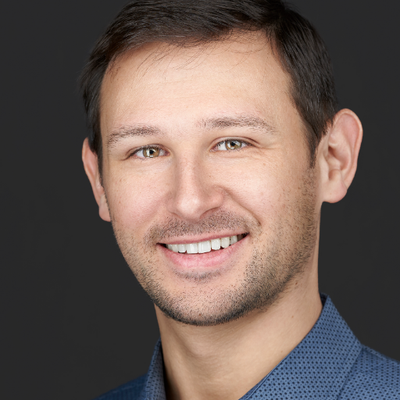I've deliberated long and hard to decide whether or not to publish this blog entry.
I'm afraid that, given I've not yet completed my Ph.D., it will be misconstrued as boastful or, worse yet, exculpating. This is not my intention. If anything, I hope that my observations below will help others pursuing a Ph.D. to both rationalize their own situation and educate others on the process.
It's been a long while since I've posted to this blog, in large part due to the fact that I've been in the throes of wrapping up my degree and hunting for a job. As such, I get a lot of questions from non-academics as to when I will finish. It seems like many people are under the impression that a Ph.D. is "what you get if you tough it out and stay in school and study a few more years after undergrad." While this is technically true, many either don't realize or don't understand that a Ph.D.—at least in the sciences, engineering, and mathematics—requires independent research. A Ph.D. isn't earned through studying hard and passing tests. It's particularly frustrating when people see that I've been pursuing my Ph.D. for ~4 years (an average, if not short, duration for the degree) and immediately draw the conclusion that, "Since [he] hasn't graduated yet, [he] must not be studying hard enough!" Over the years, I've developed a metaphor that I give to people to explain the process:
Earning a Ph.D. is like trying to fund one's retirement through treasure hunting.
When I started my Ph.D., I had to choose a topic to study. That's like choosing a location in a vast field on which to begin digging for buried treasure. You know that the treasure is out there somewhere, but you're not sure where or how deep. This is not entirely up to chance: One's advisor(s)—experts in gold digging—do help in choosing the location, and there are ways to intelligently predict where the treasure might lie. The trouble is that one might dig for years and years and only be left with a huge pile of dirt. Worse yet, one might be only a few millimeters of soil away from the gold and not even know it. Every once in a while one might find a small nugget of gold in the dirt, egging him or her on, but there is no guarantee that one will eventually hit the mother lode. In other instances, one knows exactly where the treasure lies, but it is underneath an impenetrable rock that requires years and years of chipping away to exhume. In some cases one does find a huge treasure chest, but more often than not one's fortune is amassed from accumulation of the small nuggets. Defending one's dissertation, then, is like choosing to go into early retirement based off of one's fortune amassed from treasure hunting. Is it enough? Will I be able to support myself on what I've found so far? In order to complete one's degree, one has to defend his or her work to a committee of experts—all of whom are expert treasure hunters and, in a sense, one's competition. You have to convince them that your fortune will be enough to support yourself. And you have to do all of that without wasting too much time creating fanciful metaphors of debatable import.
 PoC‖GTFO
PoC‖GTFO Twitter
Twitter LinkedIn
LinkedIn GitHub
GitHub XTerm
XTerm
 English
English
 עברית
עברית
 Medžuslovjansky
Medžuslovjansky
 Русский
Русский

 Reply
Reply Retweet
Retweet Favorite
Favorite